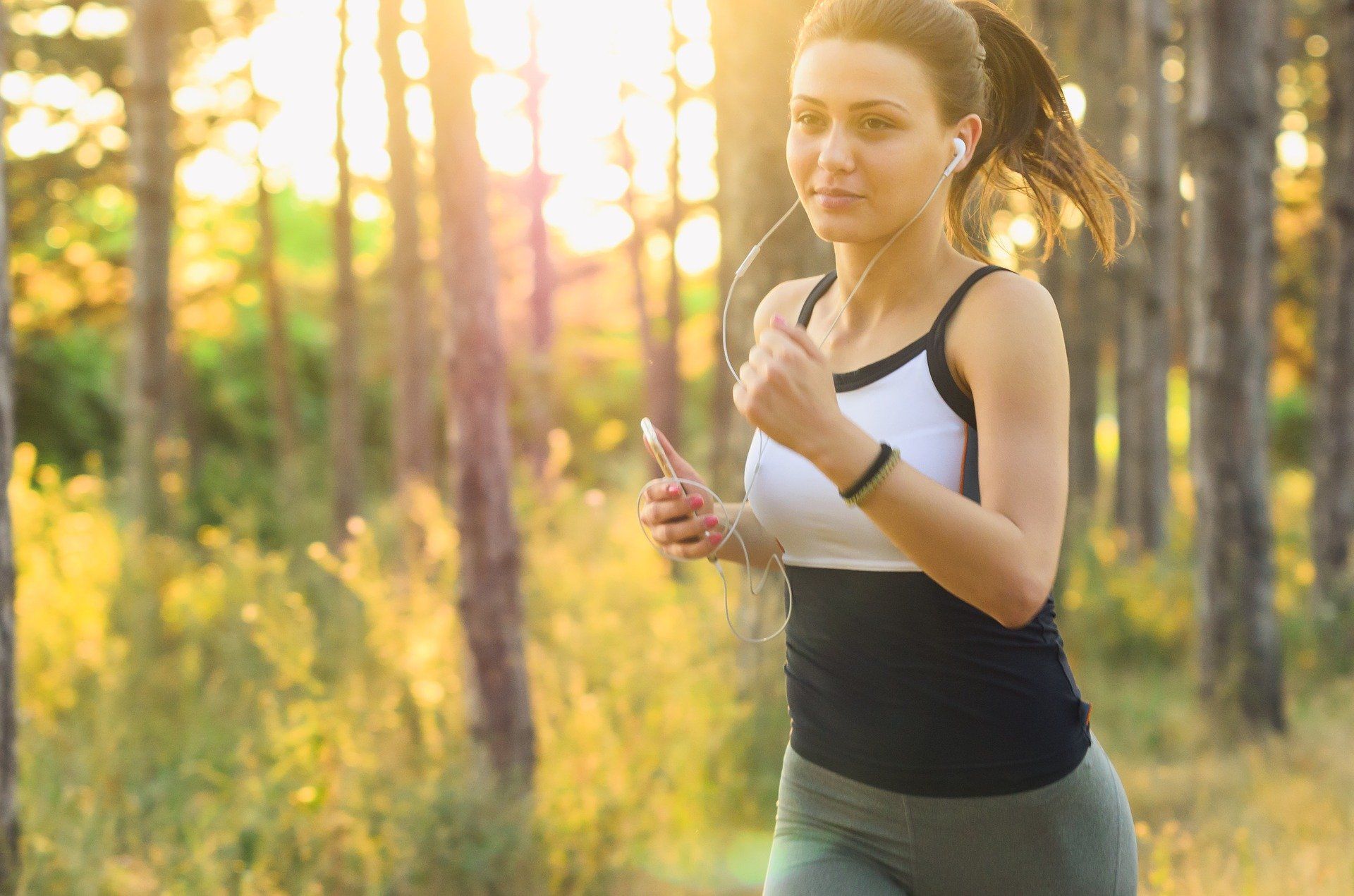A brisk walk is about 3 miles an hour, which is faster than a stroll. You can tell you’re walking briskly if you can still talk but cannot sing the words to a song.
A question of many certainly is: how do you live longer (and healthier)? The elixir of life or immortality has not yet been found, but slowing down the biological aging process seems possible. At least according to what a group of British researchers from the University of Leicester has concluded. They have apparently discovered a link between the way we walk and how we age. The scientists, who published the work in Communications Biology, estimate that fast walking could reduce our biological life at the cellular level by 16 years.
The telomeres
Researchers have found a link between brisk walking and the length of telomeres, small portions of DNA that are found at the ends of each chromosome and protect it from damage. To make a comparison, they are like the caps on the ends of shoelaces that prevent the laces to fray. Each time a cell divides, these telomeres become shorter, to a point where they become so short that the cell can no longer divide, a process known as “replicative senescence“. These biomarkers naturally reduce as we age but research has shown that certain situations such as stress, lack of sleep, and demanding work can accelerate their reduction. For this reason, scientists consider the length of telomeres as a strong indicator of “biological age” (ie how much the body’s cells are consuming), which can be very different from the chronological age.
The study
400,000 British adults were involved in the study. Scientists found that those who used to walk briskly looked up to 16 years younger in terms of biological age once they reached middle age. It was not necessary to carry out any particular physical activity: the discriminating factor was the speed of the step and walking does not require special training or equipment. The intensity of movement during walks was measured by devices that are worn on the wrist and allow you to measure physical activity. By crossing these data with genetic ones, the researchers found a causal link between fast walking and telomere length, independent of any physical activity. The intensity of the movement seems important: a pleasant walk does not seem to have the same effect as a brisk walk, although any type of movement is good for you. Walking speed itself is affected by a number of factors such as lung capacity, movement control, mental health, and motivation levels.
Fast walking as an indicator of health
The researchers suggest that doctors might consider quick walking as an indicator of overall health. “Our study tells us that measures such as a habitually slower walking speed are an easy way to identify people at increased risk of chronic disease or poor aging and that intensity of activity can play an important role in optimizing interventions, ”says study lead author Dr. Paddy Dempsey. A few examples? walk quickly to the subway station or when picking up the children from school. There are countless opportunities to pick up the pace.
Previous research
Researchers at the University of Leicester a few years ago showed, also using the British biobank, that even just 10 minutes of brisk walking a day were associated with a longer life expectancy and that those who walk briskly had an expectation of up to 20 years longer than those who walk slowly. “Although we have previously shown that walking pace is an important predictor of health, we had not been able to confirm that adopting a fast pace actually generated better health. In this study, however, we used the information contained in the genetic profile of people to show that a faster pace is highly likely to lead to a younger biological age, as measured by telomeres, ”concludes Tom Yates, senior author, and professor of physical activity, sedentary behavior and health at the University of Leicester.
The Active 10 app
You could try using the free Active 10 app on your smartphone. It will help you in your training activity. The Active 10 app records every minute of walking you do (anonymously). Just pop your phone into your pocket and you are ready to go! The app tracks your steps, helps you set goals, shows you your achievements, and gives you tips to boost your activity.

